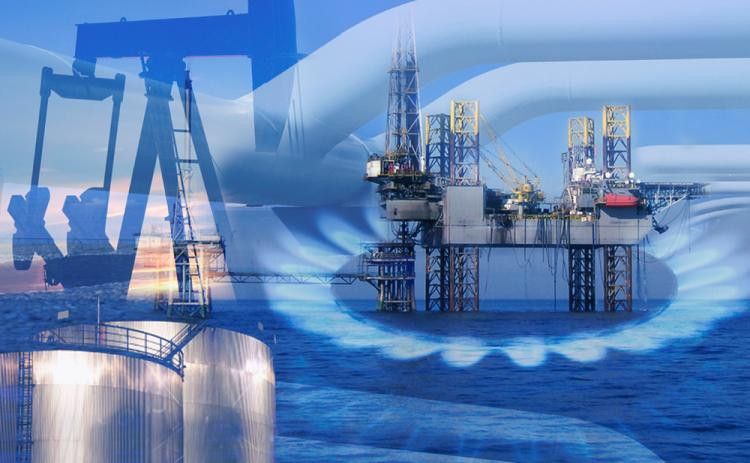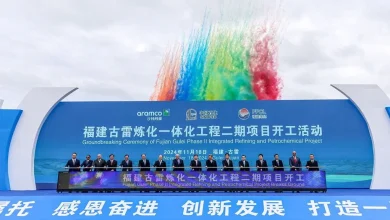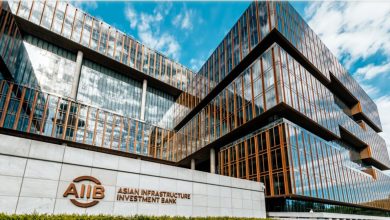#Azerbaijan’s energy achievements: Key projects and future directions

Azerbaijan is uniquely positioned as the only country in the South Caucasus with extensive hydrocarbon reserves, a sophisticated fuel-energy infrastructure, and a fully self-sufficient energy system. In addition, the country’s expanding influence is not limited to national and regional spheres but extends to a decisive role on the global energy stage. Furthermore, Azerbaijan’s strategic position in transnational energy markets and its active participation in Europe’s energy security significantly bolster its regional and global geopolitical and geoeconomic standing.
Azerbaijan’s energy resources serve as the foundation for the dynamic development of all sectors of the national economy. In particular, these resources are crucial in shaping the country’s Gross Domestic Product (GDP) and other key financial and economic indicators. Therefore, the policy of effectively harnessing natural resources and optimizing fuel-energy potential is essential for ensuring Azerbaijan’s sustainable economic development and economic security within the regional geopolitical and geoeconomic context of the South Caucasus.
It is important to recognize that energy security is a fundamental component of national security for any country. In this regard, energy security encompasses the protection of the nation, its citizens, society, and economy from both external and internal threats through the reliable provision of fuel and energy resources.
On July 18, during President Ilham Aliyev’s participation in the “Energy and Connectivity” Round Table at the “European Political Community” Summit in Oxford, he addressed several pivotal issues related to the energy sector.
During the Summit, President Aliyev delivered a comprehensive presentation on Azerbaijan’s strategic objectives in the energy sector and its plans for gas supply to Europe. He detailed future initiatives to increase gas exports to Europe as part of Azerbaijan’s strategic partnership framework and discussed several significant energy projects that have been successfully implemented.
President Aliyev highlighted the goal of doubling Azerbaijan’s gas supplies to Europe by the end of 2027 in his speech.
“We are progressing towards this goal. In 2021, our gas supply to the European continent was 8 billion cubic meters per year, and this year this figure will approach 13 billion cubic meters. In 2021, total exports amounted to 18 billion cubic meters, and this year we anticipate reaching 25 billion cubic meters, with more than half of these exports directed to Europe,” stated the President.
Furthermore, it is notable that in the first half of this year, Azerbaijan exported 11 billion 825 million 660 thousand cubic meters of natural gas, valued at 4 billion 68 million 547 thousand US dollars. This represents an approximately 8% increase in gas exports compared to the previous year. In addition, from January to June, natural gas accounted for 31.54% of Azerbaijan’s total exports.
Moreover, Azerbaijan increased its natural gas exports to Europe by 12% in the first half of this year compared to the same period of the previous year, reaching 6.4 billion cubic meters, which constitutes 51% of total gas exports. In comparison, exports to Turkiye totaled 5 billion cubic meters, representing 39% of total gas sales abroad, while exports to Georgia amounted to 1.3 billion cubic meters, accounting for 10% in total.
Compared to the previous year, the overall volume of Azerbaijan’s natural gas exports increased by approximately 6%. At the Absheron gas-condensate field, where SOCAR and TotalEnergies began production a year ago, over 1.5 billion cubic meters of gas were produced during the Initial Production Scheme (EPS) phase. Looking ahead, the phased development of the Abşeron field and plans to escalate annual production from 1.5 billion to 6 billion cubic meters will make a significant contribution to both national and regional energy security, as well as to the energy security of Azerbaijan’s European partners.
Additionally, President Aliyev noted at the Summit that Azerbaijan currently exports natural gas to eight countries, five of which are members of the European Union. These countries are Bulgaria, Greece, Italy, Hungary, and Romania. Furthermore, Georgia and Serbia are candidate countries for EU membership.
In this context, President Aliyev also mentioned that discussions are ongoing with Slovenia regarding gas cooperation, intending to enter the Slovenian market soon.
This report highlights Azerbaijan’s leading energy projects and major infrastructure investments, which are crucial to the nation’s energy strategy.
Southern Gas Corridor – President Ilham Aliyev highlighted the Southern Gas Corridor project as a significant strategic initiative. Specifically, this energy corridor facilitates the transportation of gas from the Shah Deniz field in the Caspian Sea to the Mediterranean Sea. The Southern Gas Corridor project comprises three main components: the extraction of gas from the Shah Deniz field, transportation to Turkiye via the Trans-Anatolian Natural Gas Pipeline (TANAP), and delivery to Italy through the Trans-Adriatic Pipeline (TAP). This project, completed in December 2020, is now operational and plays a crucial role in ensuring Europe’s energy security through a 3,500-kilometer pipeline network.
The signing of the “Contract of the Century” in 1994 was a landmark achievement for Azerbaijan, establishing it as the first country in the CIS region to reach a major agreement with leading Western oil companies. This historic accord marked the beginning of extensive international cooperation in the Caspian Sea, focusing on the development and exploitation of the “Azeri-Chirag-Gunashli” (ACG) fields, which are located in Azerbaijan’s sector of the Caspian Sea. This foundational agreement set the stage for Azerbaijan’s rise as a key player in the global energy market.
Building on this success, the Baku-Tbilisi-Ceyhan (BTC) Pipeline project emerged as a pivotal development in Azerbaijan’s energy strategy. The BTC Pipeline, inaugurated in 2006, is a significant infrastructure initiative that transports Azerbaijani oil from the Caspian Sea across Georgia to the Turkish port of Ceyhan on the Mediterranean coast. From Ceyhan, Azerbaijani oil is distributed to various European markets, thereby establishing a critical route for accessing global energy markets and reinforcing Azerbaijan’s position as a strategic energy supplier.
Together, the “Contract of the Century” and the BTC Pipeline exemplify Azerbaijan’s successful engagement with international partners and its strategic approach to leveraging its hydrocarbon resources for both regional and global energy security.
Shah Deniz Gas Field – Furthermore, the Shah Deniz Gas Field represents Azerbaijan’s largest gas field and serves as the primary source for the Southern Gas Corridor project. Since its exploitation began in 1999, the field has been a crucial asset for gas exports to Europe. Looking ahead, expansion projects at the Shah Deniz field are being developed with advanced technologies and new investments.
Trans-Anatolian Natural Gas Pipeline (TANAP) – The Trans-Anatolian Natural Gas Pipeline (TANAP) transports gas from the Shah Deniz field across Turkiye to Europe. Operational since 2018, TANAP is a key component in the transportation of gas from Azerbaijan to various European countries.
Trans-Adriatic Pipeline (TAP) – Additionally, the Trans-Adriatic Pipeline (TAP) transports gas from TANAP to Italy and has been operational since 2020. TAP represents the final segment of the Southern Gas Corridor project and serves as a critical transportation route for gas supplies to Europe.
In summary, President Ilham Aliyev’s address at the Oxford Summit reflects Azerbaijan’s significant achievements in the energy sector, its strategic energy projects, and its role in enhancing Europe’s energy security. Under the leadership of President Aliyev, Azerbaijan is well-positioned to further expand its presence in both regional and global energy markets.





